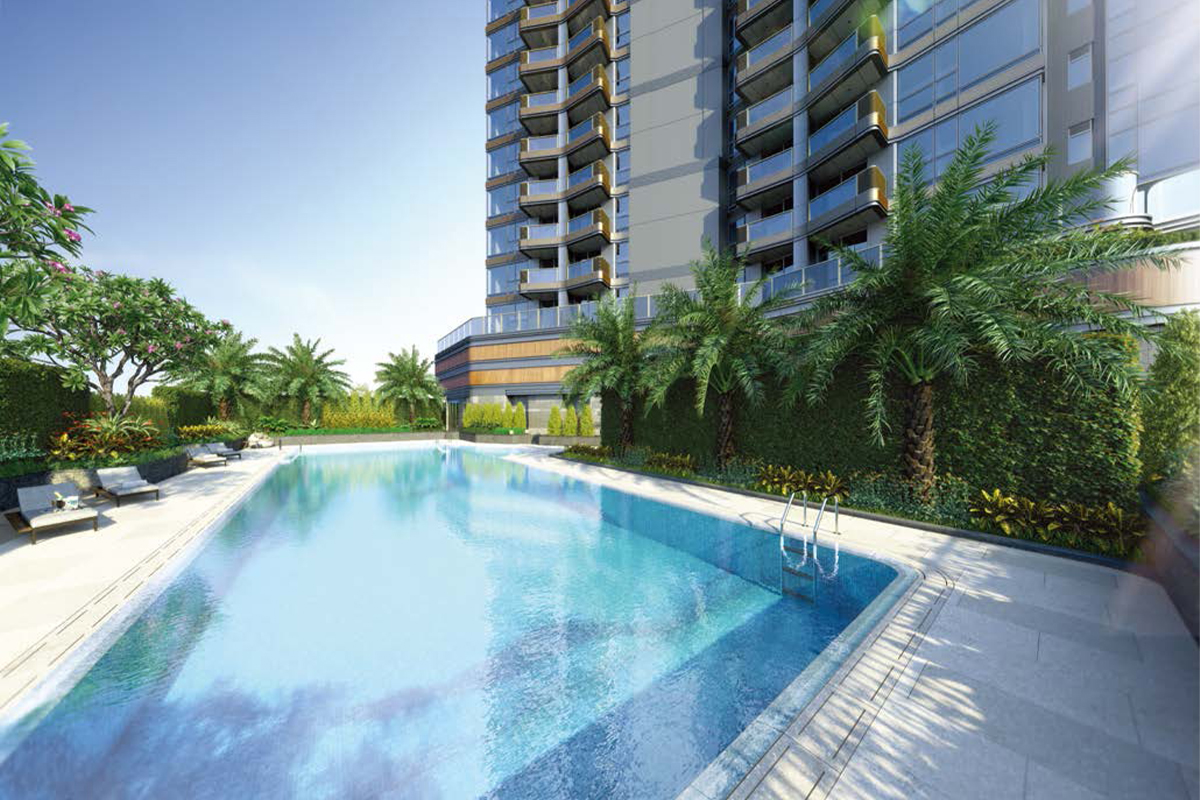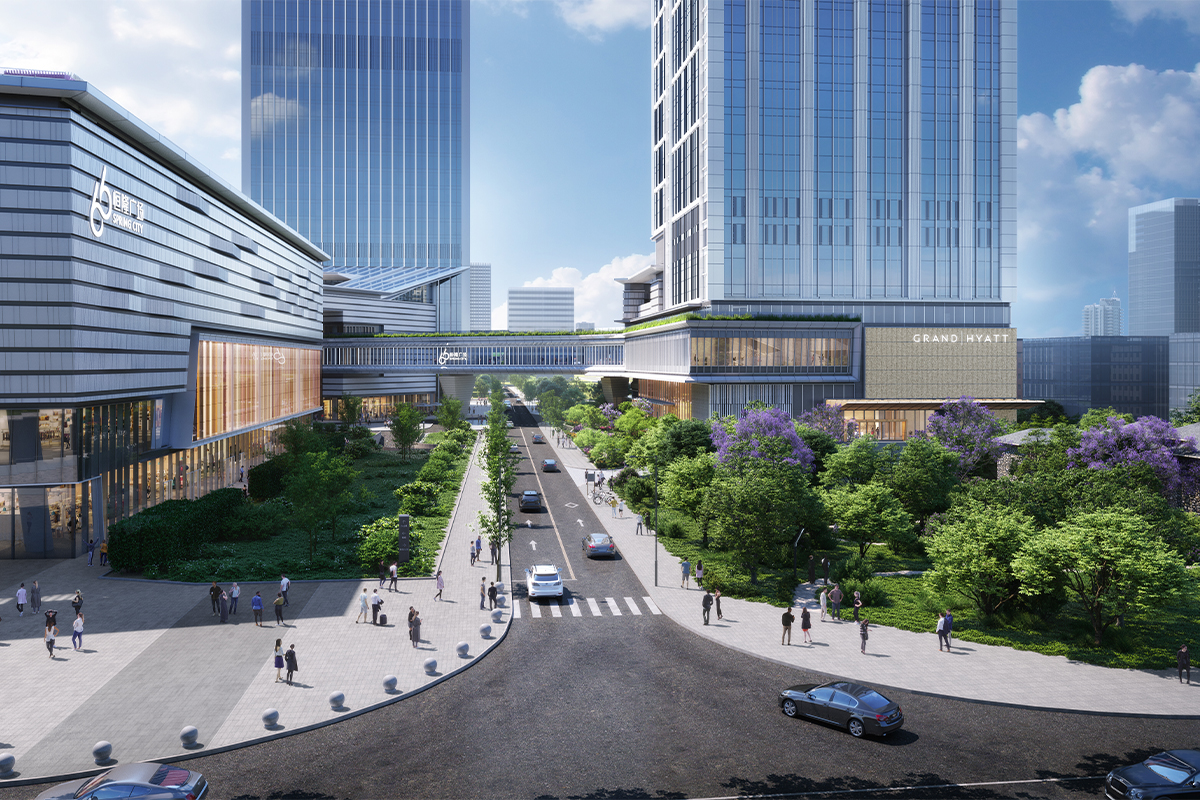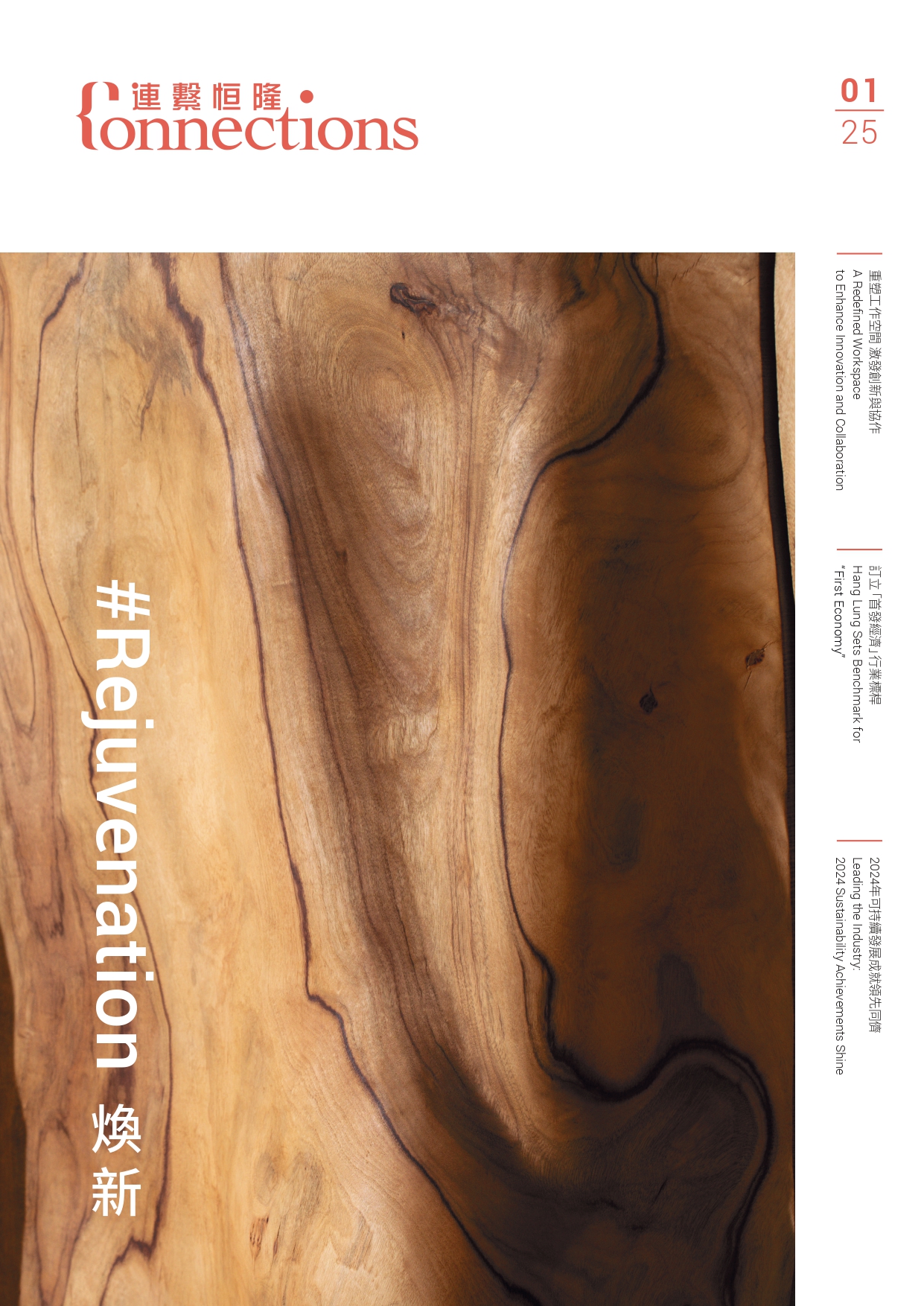Spearheading the effort to decarbonize real estate across China, we are using nearly 100% low carbon emissions steel for all above ground structural plates (to be manufactured into columns and beams) and reinforcing bars of our Pavilion Extension at our flagship Plaza 66 mall in Shanghai. This marks the first commercial real estate project in mainland China to incorporate low carbon emissions steel, sourced from Baoshan Iron & Steel Co., Ltd. ("Baosteel"), achieving a 35% reduction in the steel’s embodied carbon compared to conventional steel alternatives.
Real estate accounts for more than 38% of China’s total annual carbon dioxide emissions. In our case, steel emissions accounted for approximately 40% of its total embodied carbon emissions in 2023, making steel decarbonization essential for achieving its goal of reducing its scope 3 greenhouse gas emissions. Hang Lung’s low carbon emissions steel transaction with Baosteel is an example of how leadership in real estate can help China reach its goal of carbon neutrality by 2060.
Baosteel will supply 1,171 tonnes of its BeyondECO® low carbon emissions structural steel and 325 tonnes of BeyondECO® low carbon emissions reinforcing bars for the Plaza 66 Pavilion Extension project, which is now underway and due for completion in 2026.
To meet Hang Lung’s stringent low carbon emissions steel tender specifications for the project, the main contractor and Baosteel collaborated closely to provide accurate product-level carbon emissions data with the Company. This collaboration set a new industry standard for transparent, traceable and trusted emissions data. Baosteel calculated the products’ carbon footprint through Baosteel intelligent Carbon Data platform using a lifecycle analysis model developed by Shanghai E-Carbon Digital Technology Co., Ltd. ("EC-Digital"). This data was verified by TÜV SÜD, a global third-party certification body.





.png)
